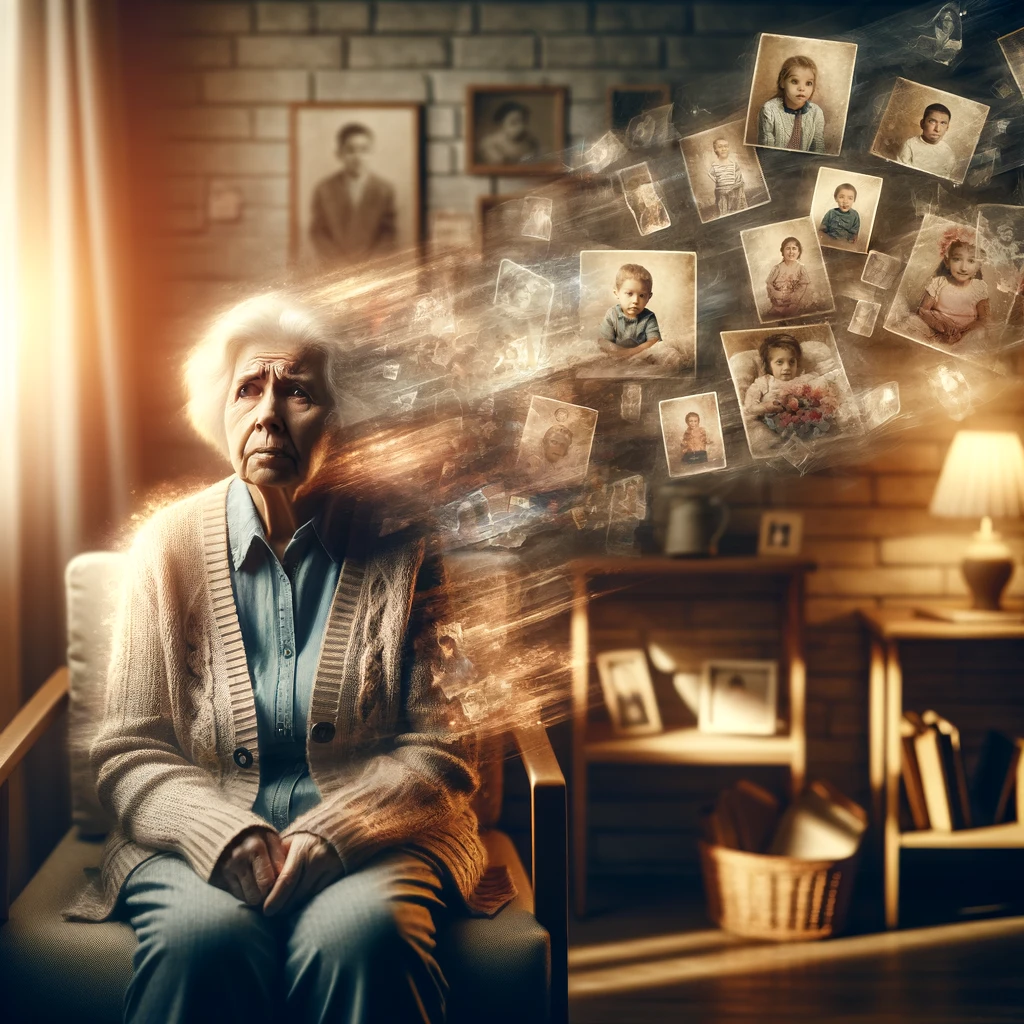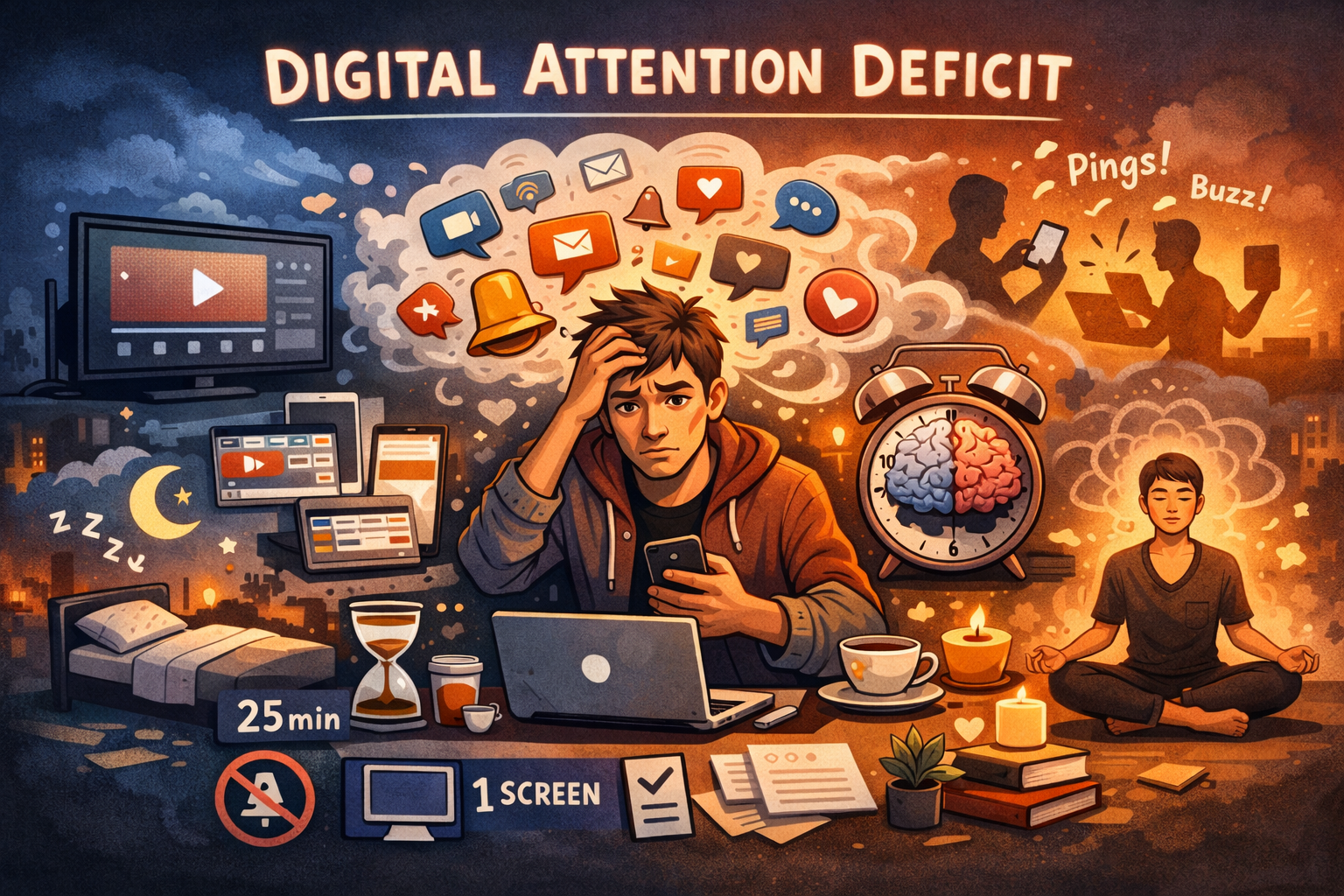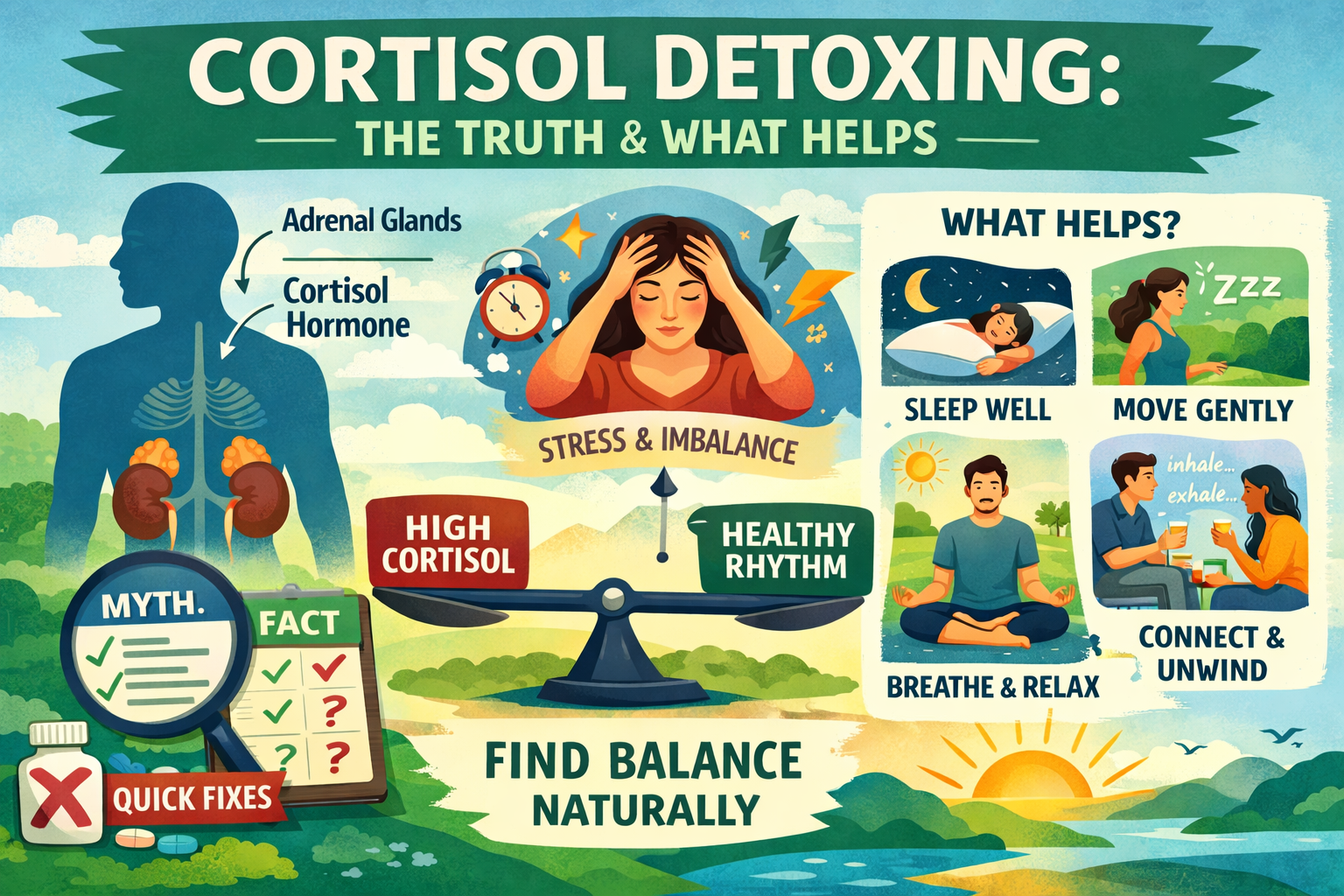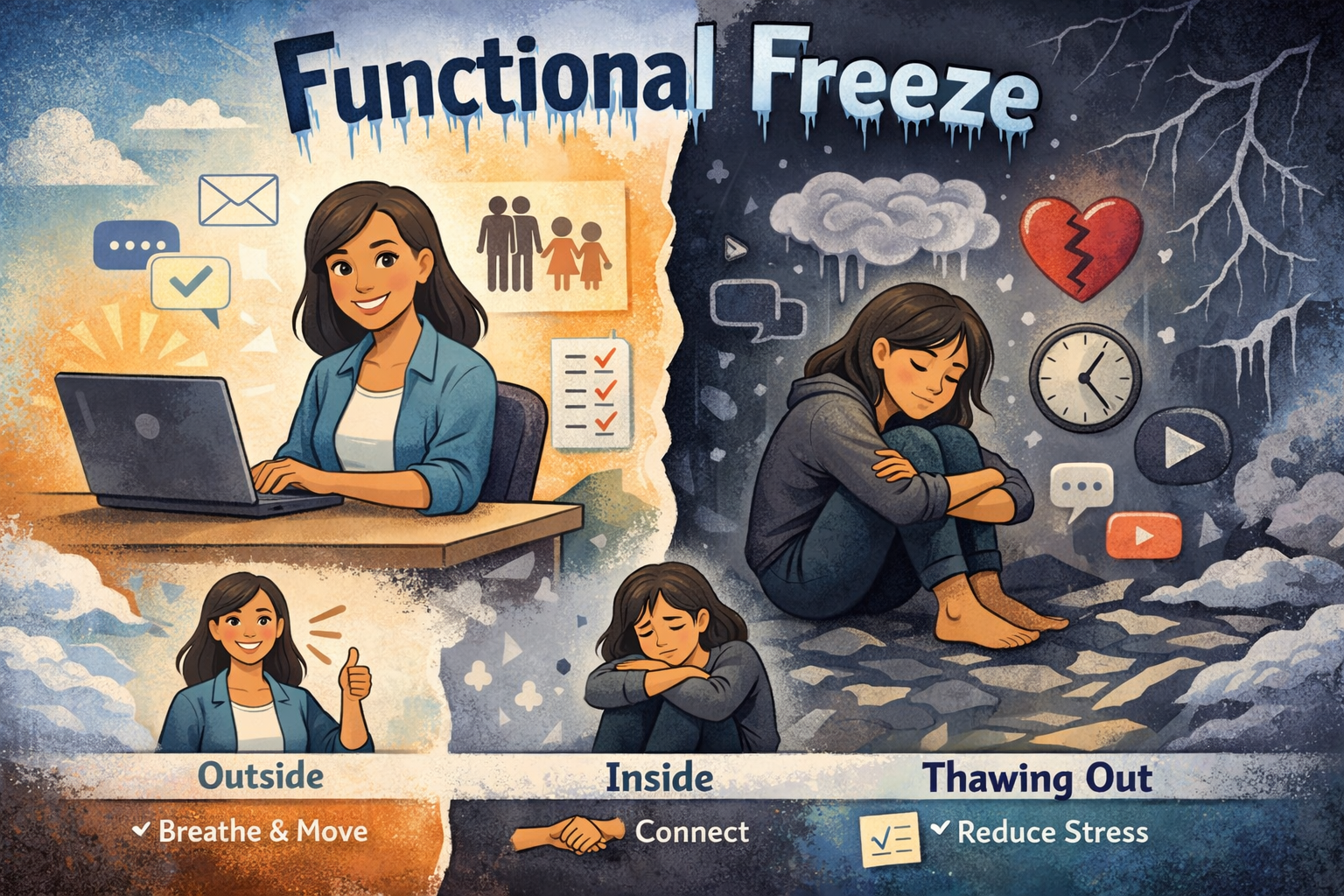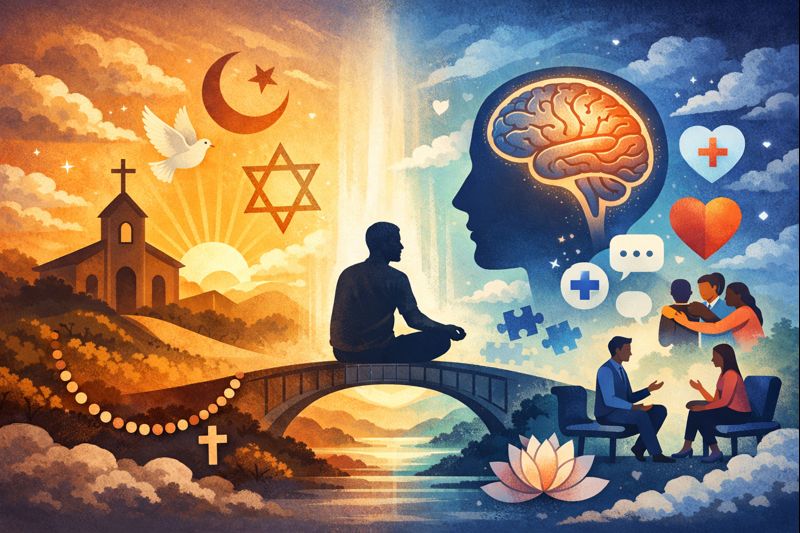(Prevention and Management of Alzheimer and Dementia)
These are two of the most prevalent health conditions affecting the elderly, causing significant concern among individuals and families alike. Dementia is an umbrella term for a set of symptoms that significantly impair memory, reasoning, and social abilities. These symptoms interfere with their daily life. On the other hand, Alzheimer’s disease, the most common type of dementia, is a progressive disorder that gradually destroys memory and cognitive skills.
The general perception among the common man is that these conditions are inevitable with ageing, but this is not entirely true. While age is a primary risk factor, other elements like genetics, lifestyle, and overall health also play crucial roles. Public awareness often focuses on the more visible symptoms like memory loss, but these conditions also involve complex changes in behaviour, personality, and physical functioning. Therefore, understanding these diseases is crucial for managing and supporting mental health.
The World Health Organization (WHO) is a leading source of information on dementia worldwide. Here are some of the recent statistics on dementia:
- Currently, over 55 million people worldwide have dementia, with over 60% living in low- and middle-income countries.
- There are nearly 10 million new cases of dementia each year, translating to roughly one new case every 3 seconds.
- Dementia mainly affects older people, although young-onset dementia is becoming increasingly recognized.
- Dementia is currently the seventh leading cause of death globally.
- The global cost of dementia in 2019 was estimated at a staggering 1.3 trillion US dollars, with nearly half attributed to informal care provided by family members.
These statistics highlight the immense burden dementia places on individuals, families, and healthcare systems worldwide. This article provides key insights into Alzheimer’s, dementia, and their implications for mental health management.
What is Alzheimer’s disease?
Alzheimer’s disease is a brain disorder that slowly affects memory and thinking skills over time. It’s like a fog clouding a person’s mind, making it harder to remember things, make decisions, and complete daily tasks. It usually starts gradually, with people forgetting simple things more often. As it progresses, even familiar activities become difficult.
There’s no cure for Alzheimer’s, but there are treatments that can help manage symptoms and improve quality of life. Medications can help with memory and thinking, and there are therapies that can help people with daily activities and emotional well-being. Although Alzheimer’s is a challenging disease, research is ongoing to find better treatments and hopefully, one day, a cure.
Alzheimer’s disease is a brain disorder that slowly destroys memory and thinking skills. Over time, it becomes difficult for individuals to carry out simple tasks. It is the most common cause of dementia among older adults.
What is Dementia?
Dementia is a broad term for a group of conditions that affect how our brains work. It’s like a problem with the brain’s wiring, making it harder to remember things, think clearly, and handle everyday tasks. Unlike normal forgetfulness that comes with age, dementia gets worse over time.
People with dementia might forget important things like appointments or where they put their keys. They might have trouble following conversations or completing familiar tasks. They may also experience changes in mood or personality. It’s important to remember that dementia affects everyone differently, and the symptoms can vary depending on the specific type of dementia.
Dementia is not a specific disease. It is an overall term that describes a group of symptoms associated with a decline in memory or other thinking skills severe enough to reduce a person’s ability to perform everyday activities. Alzheimer’s disease accounts for 60-80% of cases.
Causes and Risk Factors
While the exact cause of Alzheimer’s disease remains unclear, it is believed to be due to a combination of genetic, lifestyle, and environmental factors that affect the brain over time. Key risk factors include age, family history, and genetics. Other risk factors include head injuries, heart health, and diabetes.
Managing Mental Health with Alzheimer’s and Dementia
Preventing dementia and Alzheimer’s is paramount due to their profound impact on individuals, families, and healthcare systems. Effective prevention strategies can significantly enhance quality of life in old age, reducing the burden on caregivers and the medical community. Here are some ways to support mental health:
- Early Diagnosis: Recognizing the symptoms early can lead to more effective management strategies. Early diagnosis allows for better planning and use of available treatments.
- Medication: While there is no cure for Alzheimer’s or dementia, some medications can help manage symptoms, such as memory loss and confusion. Consult a healthcare provider for advice on appropriate treatments.
- Supportive Environment: Creating a safe and supportive home environment can help reduce confusion and prevent accidents. Simple changes, such as removing rugs and adding more lights, can make a big difference.
- Regular Check-ups: Regular visits to a healthcare provider can help monitor the progression of the disease and adjust treatments as needed.
- Mental Stimulation: Engaging in activities that stimulate the mind, like puzzles, reading, and games, can help slow down cognitive decline in some individuals.
- Social Interaction: Maintaining social contacts and activities is important. Interaction with others can help reduce feelings of isolation and depression.
- Physical Exercise: Regular physical exercise shows promise in reducing the risk of Alzheimer’s disease and dementia. Studies suggest a link between staying active and a lower chance of developing these conditions. For instance, a 2019 analysis published in Neurology combining data from multiple studies found that people who engaged in regular physical activity had a decreased risk of dementia.
Support for Caregivers
Caring for someone with Alzheimer’s or dementia can be challenging. It’s essential for caregivers to also take care of their mental health. Support groups, respite care, and seeking professional help can provide necessary support and information.
Conclusion
Emphasizing the importance of early diagnosis and intervention can help mitigate the progression of these diseases, making it crucial for society to invest in education, research, and resources dedicated to brain health. By shifting the common perception towards proactive prevention and support, we can foster a more informed and prepared community.
Alzheimer’s disease and dementia are complex conditions that require comprehensive management strategies. By understanding the diseases, recognizing their symptoms, and taking proactive steps in care and support, we can improve the quality of life for those affected and manage the mental health aspects effectively. Remember, you are not alone, and help is available for both patients and caregivers


